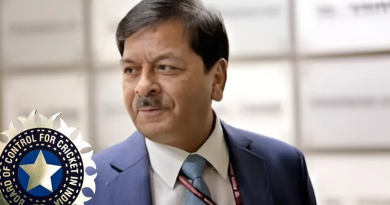Fast-tracking of Sex-Crime related judicial proceedings with FTSC may not be possible yet
India’s plan to establish thousands of fast-track special courts (FTSCs) to expedite the trial of sex crimes has been significantly scaled back due to states falling short of their targets and a shortage of judges
India’s plan to establish thousands of fast-track special courts (FTSCs) to expedite the trial of sex crimes has been significantly scaled back due to states falling short of their targets and a shortage of judges. Prime Minister Narendra Modi’s government initially aimed to create 1,023 FTSCs by March 2021, with a long-term goal of 2,600 courts by 2026. However, the target has now been reduced to 790 courts, with only 752 established as of August 2023. The FTSC initiative was launched in 2019 after the Supreme Court criticized state governments for delays in delivering justice, particularly in cases involving children. States were incentivized to set up FTSCs, with the federal government covering 60% of the costs. Each FTSC would be staffed by one judicial officer and seven support staff. Despite the federal government’s efforts, many states, including West Bengal, have been slow to implement the program. West Bengal, which was supposed to establish 123 FTSCs by 2021, has only six operational tribunals as of now, with 48,600 cases of rape and sexual offenses still awaiting judgment.
The lack of judges and the slow response from states like Bengal have been cited as primary reasons for the delays. The West Bengal government now aims to have 17 FTSCs by 2026. States like Uttar Pradesh and Rajasthan, governed by Modi’s Bharatiya Janata Party (BJP), have met their targets, while Maharashtra, also led by a BJP coalition, has established only 14 of its target 138 courts. Meanwhile, Jharkhand, which met its target of 22 FTSCs, has announced plans to exit the central government program and fund its tribunals. India’s judicial system is strained with a backlog of tens of millions of cases, including 1.7 million criminal cases pending in high courts, with 42% being appeals. Although FTSCs successfully resolved 83% of cases on their docket in 2022, critics argue that true reform requires faster processing throughout the judicial system, including appeals.



